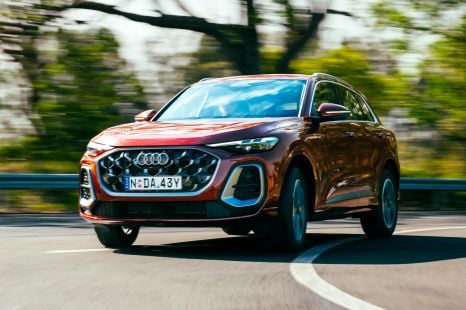

James Wong
2026 Audi Q5 review: Quick drive
5 Days Ago
Volkswagen has stepped back from an FCAI committee as the lobby group is criticised for its stance on emissions regulations.

News Editor
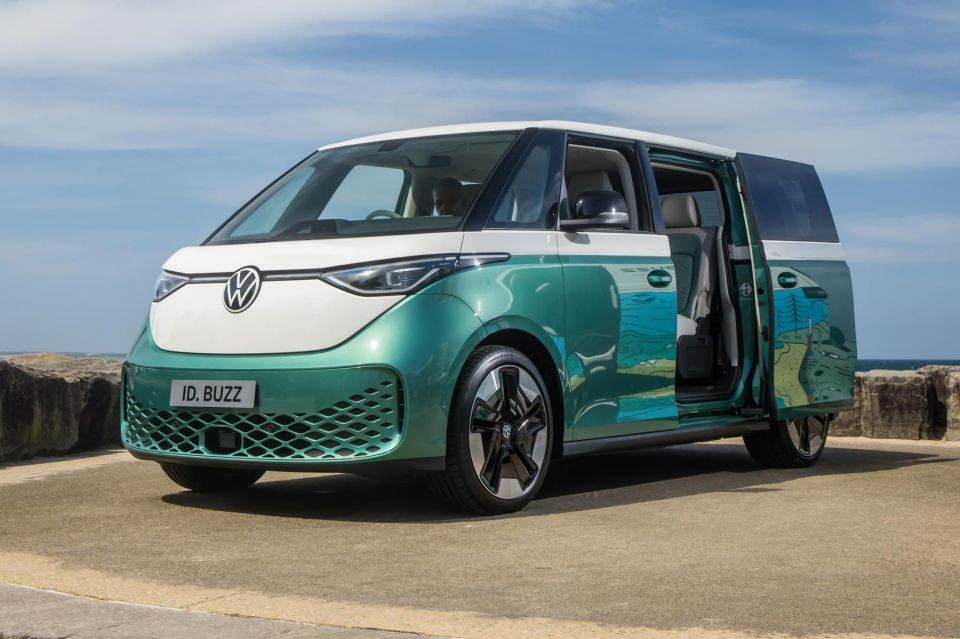

News Editor
Volkswagen has withdrawn from a committee of the peak body for car brands in Australia, but hasn’t followed Tesla and Polestar in resigning from the group entirely as the fight over emissions standards hots up.
According to a Reuters report, Volkswagen Australia contacted the Federal Chamber of Automotive Industries on Monday to quit its Policy Advisory Committee ahead of a meeting later this week.
“Volkswagen Group Australia … speaks for itself on public and policy matters including the New Vehicle Efficiency Standard,” Reuters quotes the spokesperson’s email as saying.
“A strong NVES is in the best interests of this country.”
The committee, on which a number of car brands sit, examines potential government policies and actions that may impact on the automotive industry.
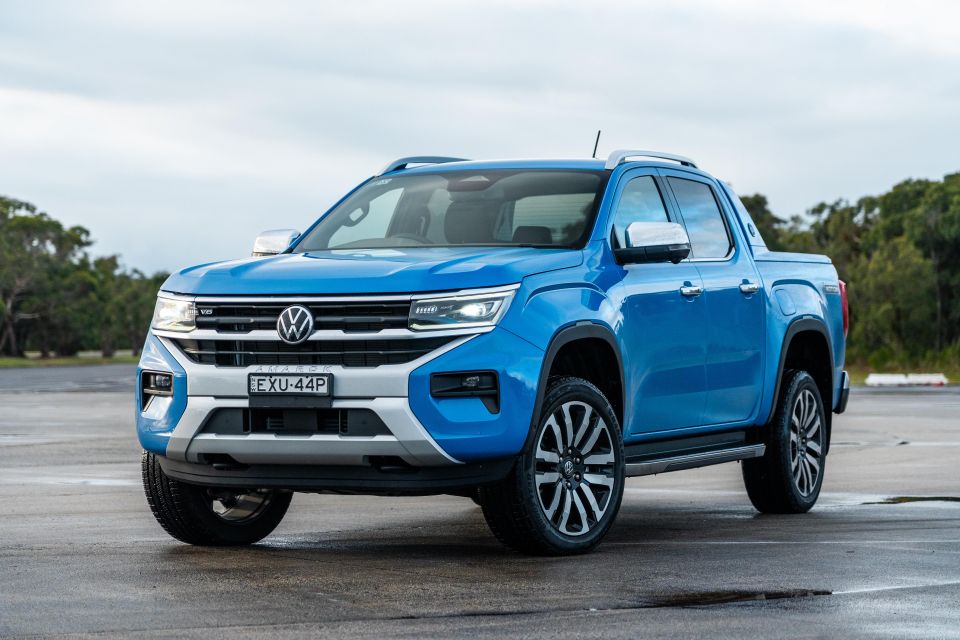
Volkswagen Australia has long been vocal in the need for emissions regulations in our country, and has supported the Australian Government’s preferred option, albeit with some key changes – many of which other brands like Toyota and Nissan are calling for.
Under the NVES, carmakers will be given targets for average CO2 emissions per kilometre across their vehicle fleets. Over time this CO2 target will move, forcing companies to provide vehicles with lower or zero emissions to meet stricter targets.
In the Government’s preferred Option B, this would initially be a penalty of $100 per g/km over the target.
Volkswagen, however, is asking for a more lenient penalty rate of $40 per g/km over the target, as seen in the Government’s “slow start” Option A.
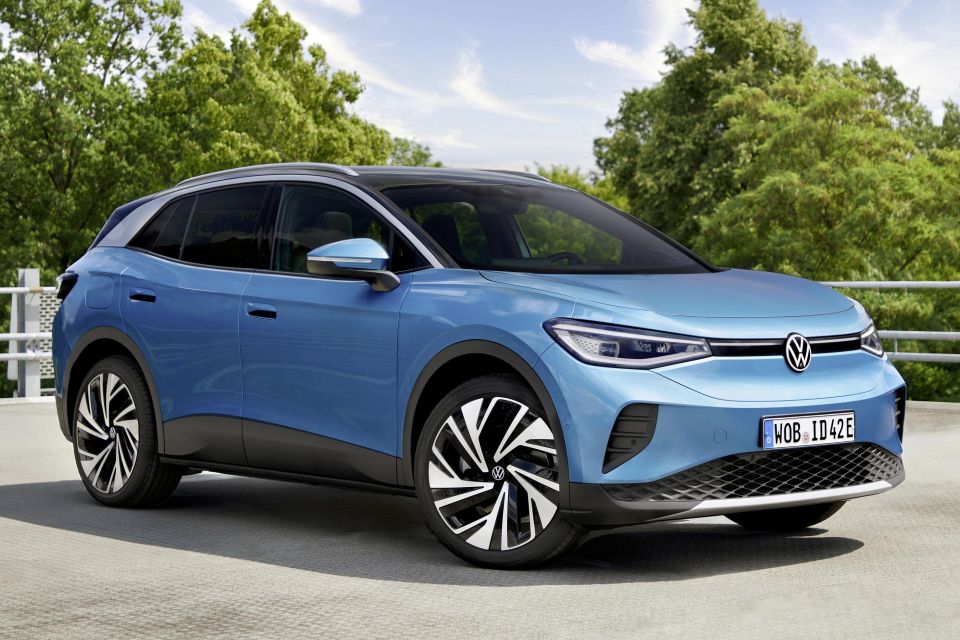
Under the NVES companies that meet or beat their CO2 target, will receive credits. If they miss, they can trade credits with a different supplier, make it up over a set period, or pay a penalty.
The more lenient Option A also includes so-called ‘super credits’, whereby zero- or low-emissions vehicles are counted more than once.
For example, with super credits a single EV may count as three vehicles when it comes to credits, while a plug-in hybrid may count as two vehicles.
Volkswagen also wants large SUVs to be included in the same category as light commercial vehicles like utes, rather than being lumped in with passenger cars, and for credits to be offered for using air-conditioning gas with a low Global Warming Potential (GWP).
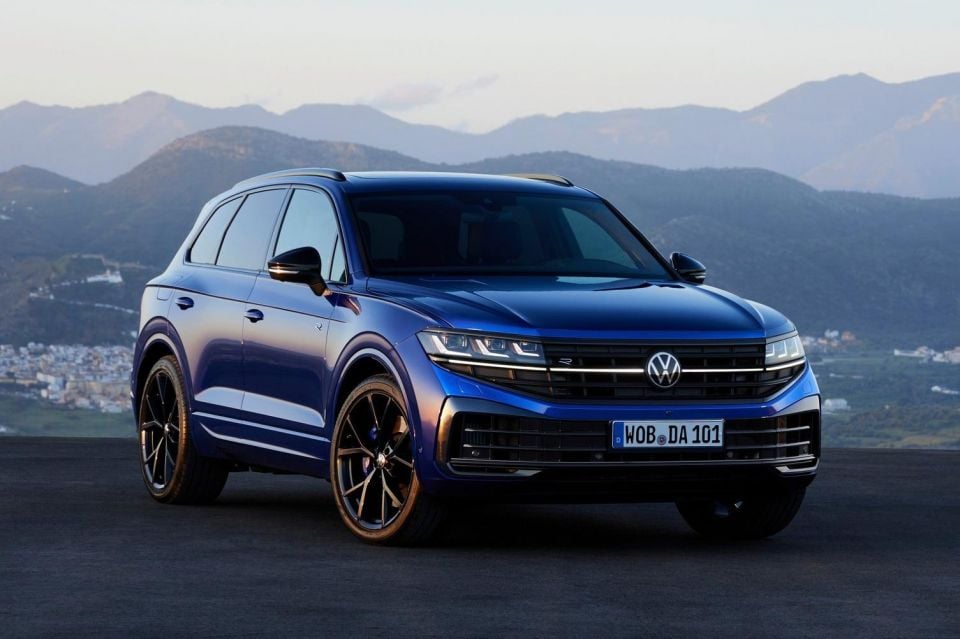
It also says the Government should consider off-cycle credits, which take into account features that may reduce a vehicle’s emissions in a way not measured in emissions testing.
Volkswagen also wants the Government to remove ‘break points’.
As outlined in the Government’s NVES proposal, break points align targets to vehicle weight thresholds.
Under Option B, a passenger car weighing below 1500kg has a CO2 target that doesn’t continue to reduce below 126g CO2/km as the vehicle gets lighter, while those that weigh over 2000kg have a target of 159g CO2/km.

Light commercial vehicles have the same lower break point of 1500kg, but an upper break point of 2200kg.
“BEVs are heavier than ICE vehicles. The price for increased range physically means bigger and heavier battery. The cap will reduce the positive impact for BEV in the fleet,” Volkswagen says in its submission.
“The cap is illogical as the reference weight is already very high compared to other markets.”
Finally, Volkswagen has called for a transition period or grace period before the regulations come into effect, warning it’s “very difficult” for carmakers to make changes to product plans with such short notice.
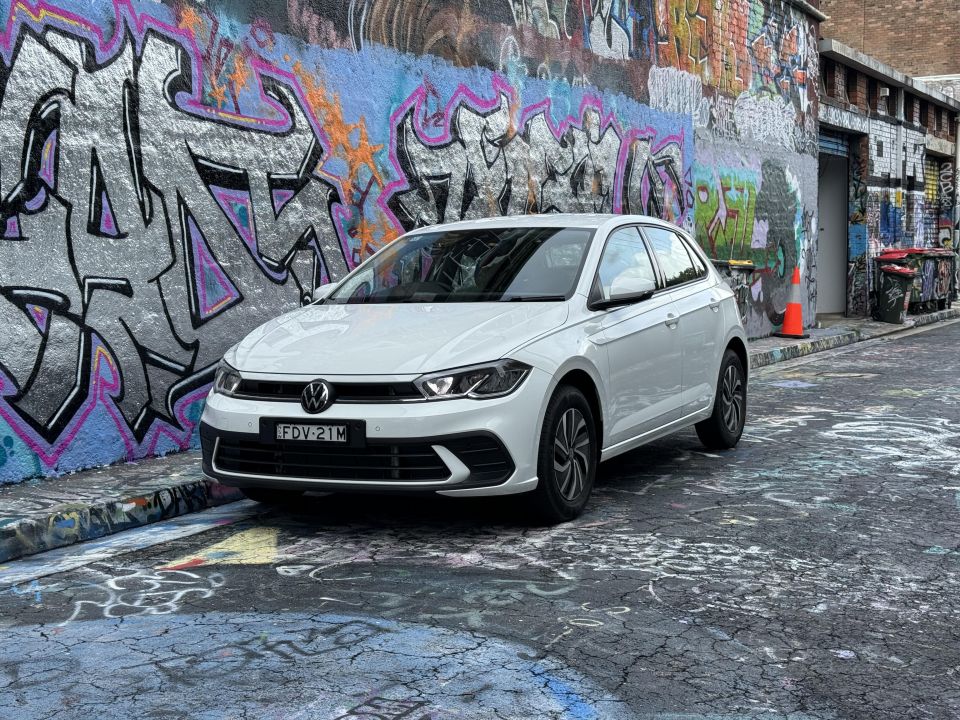
The Government wants the NVES to come into effect on January 1, 2025.
Toyota has also called for super credits, off-cycle and air-conditioning credits, and for large SUVs to be lumped in with light commercial vehicles. It has also suggested changes to the break points, or their removal entirely.
The Japanese giant, however, has been more openly critical of the proposed regulations and their potential impact on new car prices, calling them “aggressive” and punishing to “middle Australia”.
Fellow Japanese brand Mazda has also been critical of the proposed regulations, arguing their implementation should be delayed until next decade.
Volkswagen, in contrast, has been calling for emissions regulations for years.
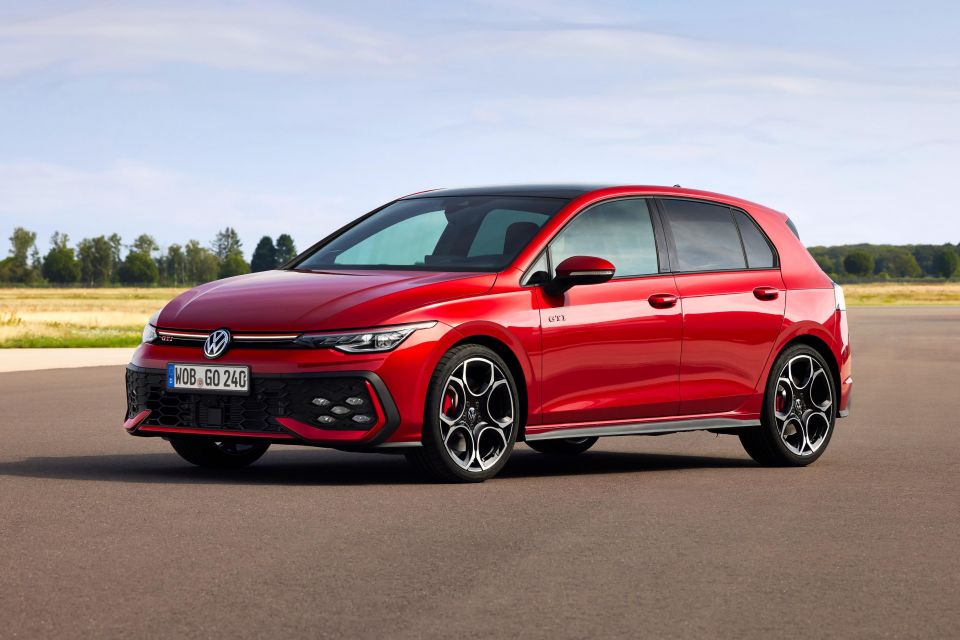
“Our company was to first to warn that this country would become a ‘third world dumping ground’ for obsolete auto technology. This has become a rallying cry,” said former VGA chief Paul Sansom in 2022.
“A federally mandated emissions target for our industry is non-negotiable if Australia’s supply of electric vehicles is to grow from a trickle to a flow and thereby start to meet ever growing demand.”
The lack of a federal standard has been blamed for the delayed launch of electric vehicles (EVs) like the Volkswagen ID.4, which has instead been prioritised for markets where there are such emissions standards.
The ID.4 is finally arriving here this year, along with the ID.5 and ID. Buzz.
MORE: Toyota’s wish list for new Australian emissions regulations MORE: Tesla quits carmaker lobby group, slams it on the way out MORE: Another brand quits Australian carmaker lobby group over emissions stance MORE: Industry body data shows the carmakers set to miss emissions targets MORE: Mazda pumps the brakes on Australian efficiency standards, calls for subsidies MORE: What Australia’s biggest car brands have to say about tough new emissions standards MORE: ‘Aggressive’ emissions standards will mean price hikes, hurt ‘middle Australia’ – Toyota MORE: Mitsubishi: Emissions standards can’t forget about ‘middle Australia’ MORE: Nissan backs new emissions laws but calls for incentives, regulatory reform MORE: Carmakers, lobby groups go to war over cost of emissions standards to new car buyers
Where expert car reviews meet expert car buying – CarExpert gives you trusted advice, personalised service and real savings on your next new car.
William Stopford is an automotive journalist based in Brisbane, Australia. William is a Business/Journalism graduate from the Queensland University of Technology who loves to travel, briefly lived in the US, and has a particular interest in the American car industry.


James Wong
5 Days Ago
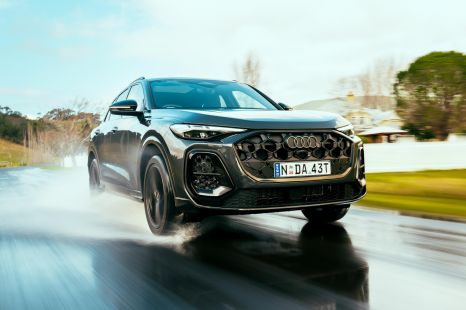

James Wong
4 Days Ago
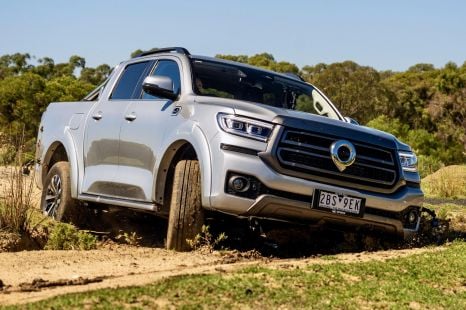

Max Davies
3 Days Ago
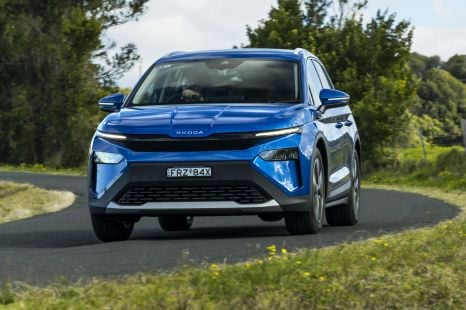

Josh Nevett
1 Day Ago
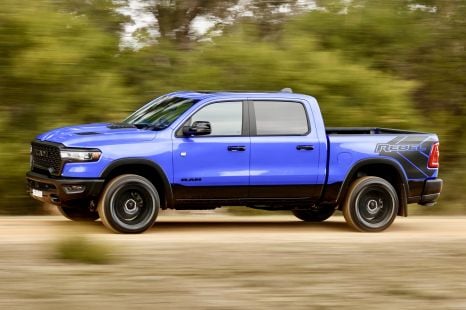

Max Davies
1 Day Ago
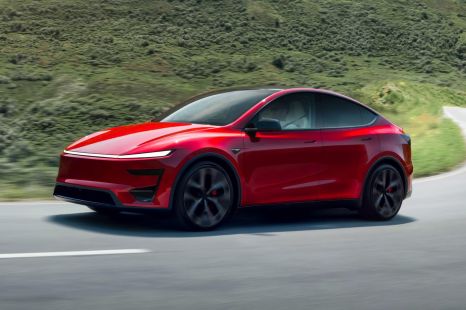

Damion Smy
16 Hours Ago